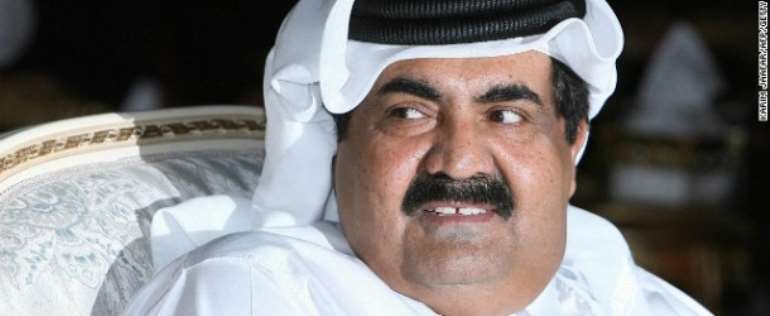Why has Al Jazeera set its sights on U.S.?

The controversial Qatari TV network Al Jazeera has bought Current TV, gaining access to millions more U.S. viewers and taking a major step forward in cracking the longed-for U.S. market.
The move is the network’s crowning achievement in the U.S. after years struggling to be accepted in the wake of the September 11, 2001 attacks, when Al Jazeera was vilified by the Bush administration for broadcasting the notorious Osama bin Laden videos and other anti-American material.
But following the U.S. military withdrawal from Iraq, U.S. relations with the channel improved. Recently Al Jazeera’s English-language channel has won several prestigious industry awards, as well as plaudits from senior U.S. policy-makers such as Hillary Clinton.
The New York Times reports that Al Jazeera paid $500 million for Current TV, a huge sum by TV industry standards and a big investment at a time when many rival news networks are cutting back on news bureaus and staff.
But it’s peanuts when one remembers that the man behind the network, the Emir of Qatar, Sheikh Hamad bin Khalifa al-Thani, is sitting on one of the world’s fastest-growing economies and the world’s third largest gas reserves.
From his point of view, rehabilitating Al Jazeera’s image in America was never going to come cheaply and at least now Al Jazeera can access more of the highly lucrative U.S. cable TV market. But this was never about the money.
Qatar’s priority is drumming up international support in case of another major crisis in the Gulf region that threatens its wealth and independence, like for example a war with Iran or an imploding Saudi Arabia.
Having studied at Britain’s Sandhurst Military College and spent years as Qatar’s minister of defense the emir knows that military defense of his tiny country is impossible.
The U.S. is Qatar’s ultimate security guarantee and any chance to buy trust with the American people represents an excellent opportunity to secure his country’s future further.
Compared to the tens of billions his neighbors spend on U.S. arms, the influence afforded by Al Jazeera represents very good value for money.
Another important aim behind developing Al Jazeera in the U.S. is to try and present a different, more positive image of Arabs and Islam generally to Americans than the one they are used to seeing.
The emir is proudly Arab and Muslim, just like Al Jazeera, and the channel sends a clear message to the West that there is more to the Arab world than terrorism, religious extremism and oil-rich slobs.
Whether the wider U.S. public will buy into this vision however or indeed watch the new channel at all remains to be seen. (CNN)
